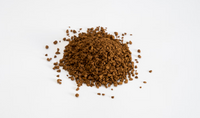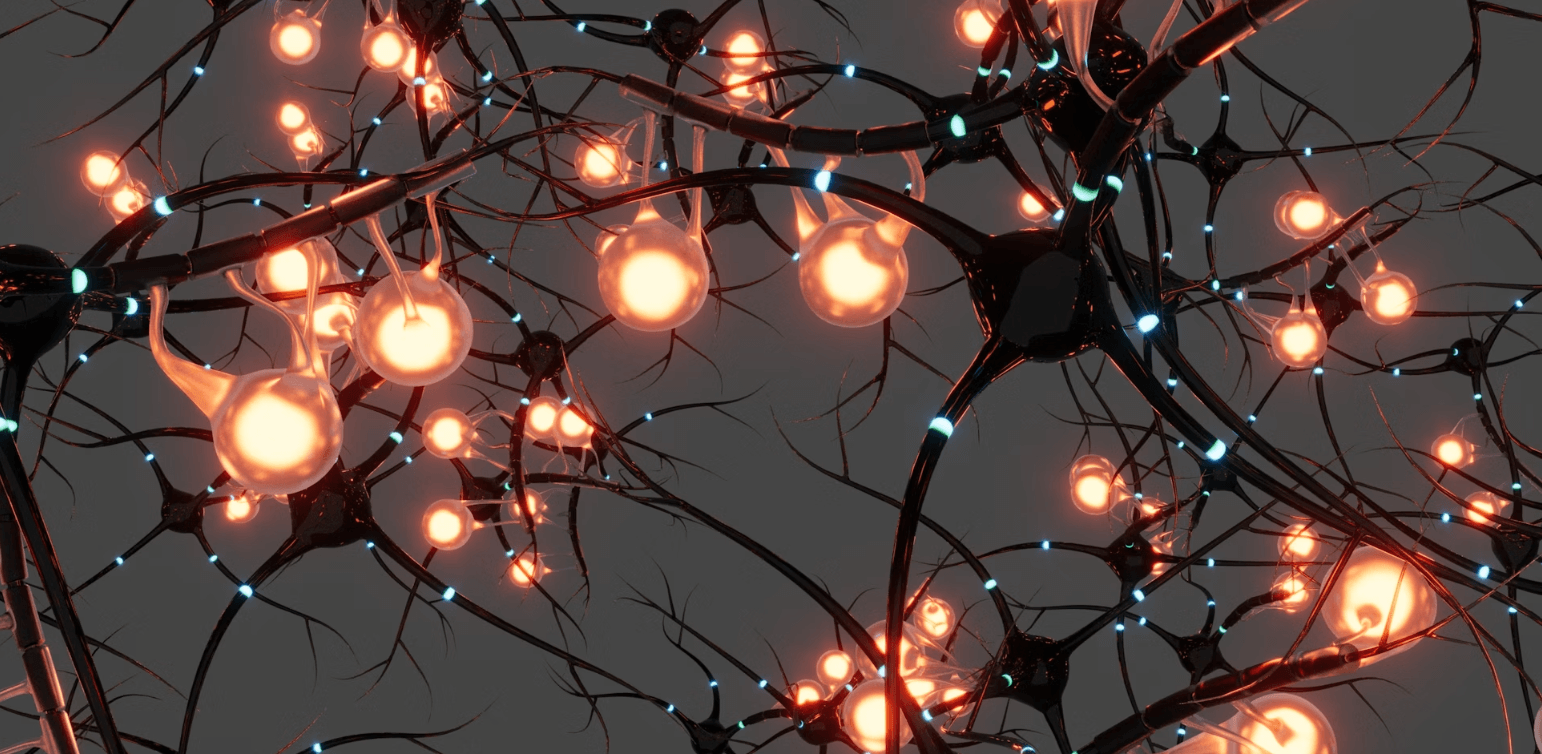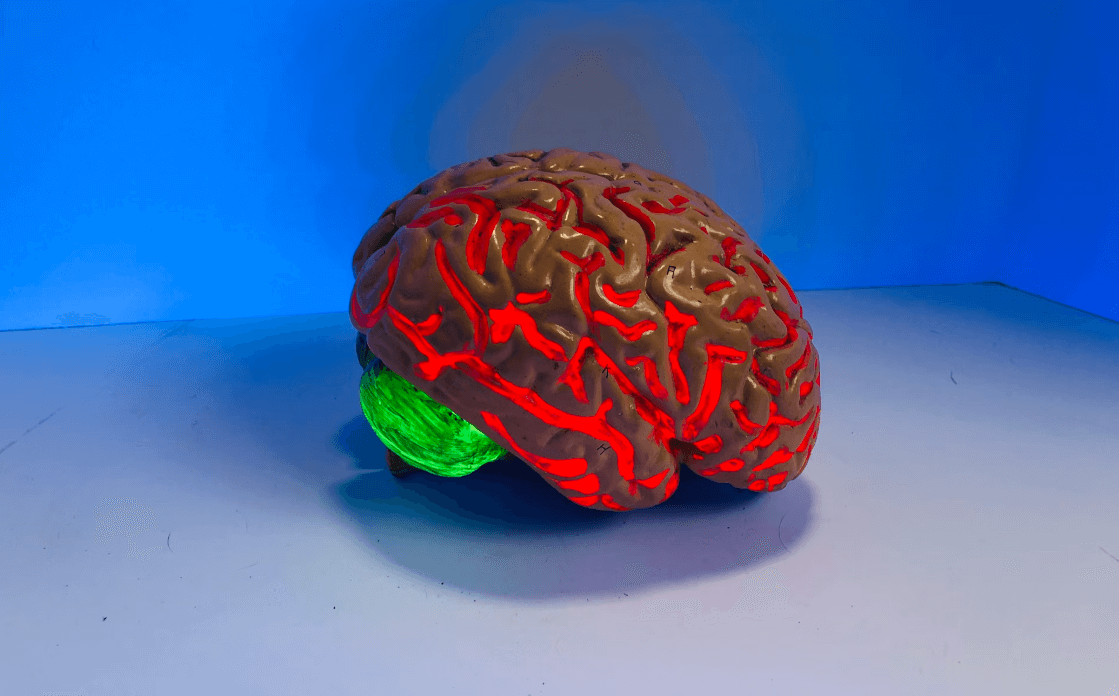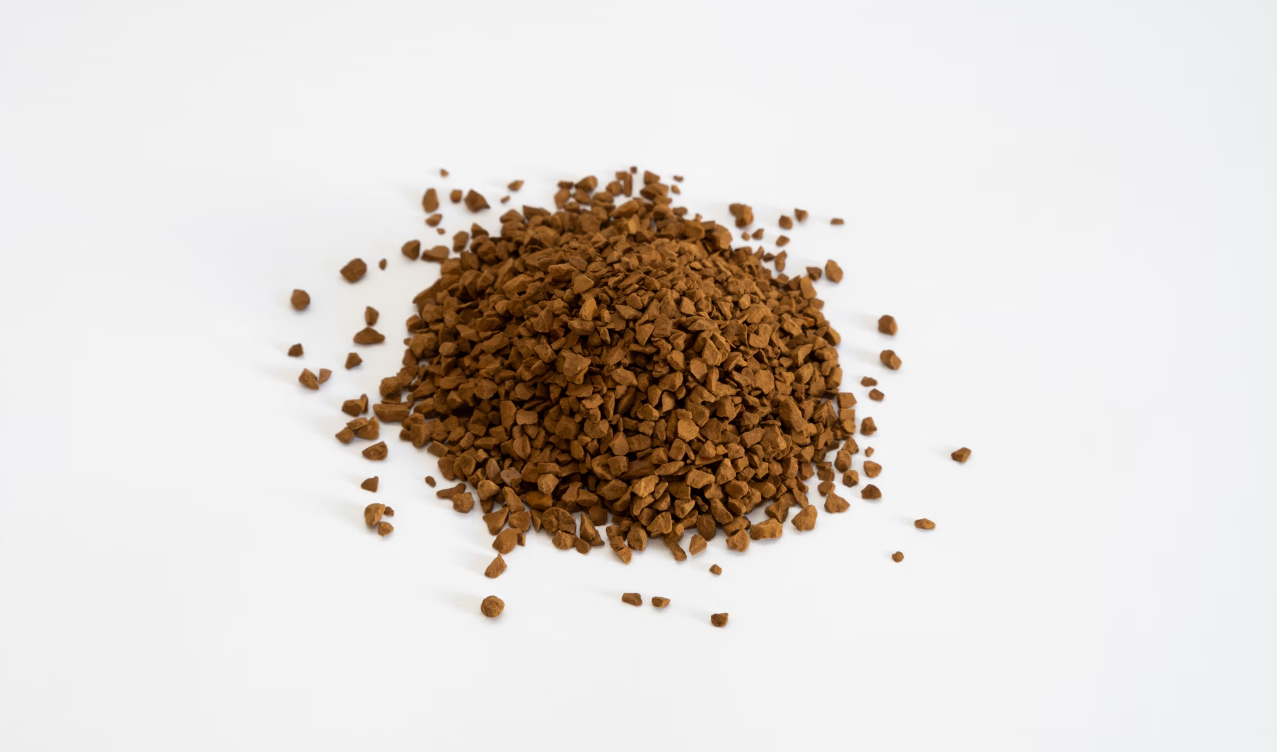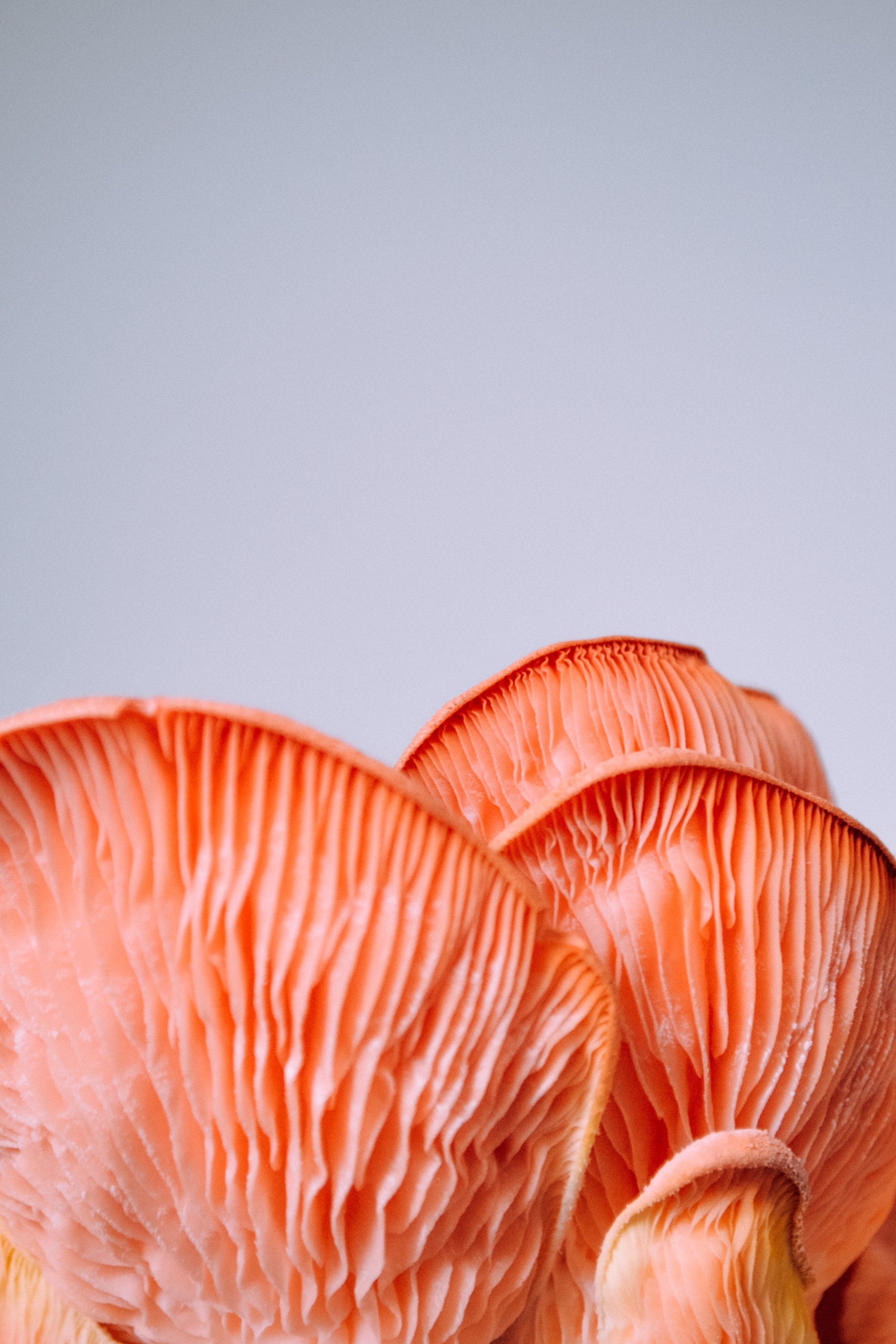As most of us know, coffee has many benefits for our health. It is packed with antioxidants and nutrients that can improve our brain function. Some studies have even shown that coffee can help reduce the risk of Alzheimer's and dementia.
But did you know that there are ways to make your coffee even healthier for your brain? By adding certain ingredients, you can boost the brain-healthy benefits of your morning cup of joe.
Here are some brain-healthy ingredients to add to your coffee:
- Coconut oil: Coconut oil is a great source of healthy fats that can help improve brain function. It also helps to improve energy levels and increase mental clarity.
- Cinnamon: This spice not only adds flavor to your coffee, but it also has brain-boosting benefits. Cinnamon can help improve memory and cognitive function.
- Ghee: Ghee is a type of clarified butter that is rich in healthy fats and vitamins. It has been shown to improve brain function and memory.
- Turmeric: This spice is a powerful anti-inflammatory that can help improve brain function and cognitive performance.
- Lion's mane mushroom: Lion's mane mushrooms are a type of medicinal mushroom that has been shown to improve brain function and memory.
So, next time you make coffee, add one of these brain-healthy ingredients to give your morning cup of joe a boost!

Is Drinking Coffee Good for Your Brain?
Coffee is one of the most popular beverages in the world. The morning beverage (or, for some, afternoon pick-me-up) is best recognized for its high caffeine content, which has a stimulating effect on even the weariest eyes.
Coffee's popularity has prompted a number of studies into its impact on health, both immediately and over time.
Moderate coffee consumption, on the other hand, has been linked to health advantages including a reduced risk of prediabetes and liver disease.
Caffeine's impact on the brain has also been investigated — and the findings thus far appear to be very promising when it comes to cognitive health.
What are the active ingredients in coffee?
Coffee is high in health-boosting chemicals, including hundreds of bioactive compounds.
Many of these substances are antioxidants, which combat the harm caused by free radicals in your cells.
Here are the most important active components in coffee.
- Caffeine is a stimulant that acts on the central nervous system.
- Chlorogenic acids are a type of polyphenol antioxidant. They might help with biological pathways like blood sugar metabolism and high blood pressure.
- Cafestol, kahweol, and trigonelline are three nitrogen-containing compounds present in coffee's natural oil. These compounds are abundant in unfiltered coffee.
- Nicotinamide is unstable at high temperatures, and it generates nicotinic acid (vitamin B3) during roasting.
However, the amounts of these substances in a cup of coffee may vary considerably.
Important Point
Coffee, which includes hundreds of biologically active compounds, including caffeine, chlorogenic acid, trigonelline, cafestol, and kahweol, is a nutritious beverage that is sometimes consumed.
What role does coffee play in the brain?
Caffeine affects the central nervous system (CNS) in a variety of ways.
The effects are typically attributed to caffeine's interactions with adenosine receptors.
Adenosine is a brain chemical that promotes sleep. Adenosine receptors can be found on neurons in your brain. When it connects to those receptors, adenosine inhibits the nerve impulse from firing. This reduces neural activity.
During the day, adenosine builds up and eventually makes you drowsy as you prepare to go to sleep. Caffeine and adenosine have a similar chemical structure. As a result, when caffeine binds to the same receptors as adenosine, it competes with it for attachment.
Caffeine, on the other hand, does not affect neuronal firing as adenosine does. Instead, it prevents adenosine from interfering with neural activity. Caffeine encourages CNS activation, making you feel awake.
Important Note
The most important benefit of coffee is its ability to enhance brain performance. Caffeine inhibits the sleep-inducing neurotransmitter adenosine.

How Does Caffeine Affect the Brain?
Caffeine can cause an increase in resting brain entropy. Brain entropy is important for the functioning of the brain, and higher amounts suggest superior information processing abilities. An elevation in resting brain entropy indicates enhanced information processing capability.
Caffeine also stimulates the brain by boosting the production of other neurotransmitters, such as norepinephrine, dopamine, and serotonin. Caffeine has been shown to improve a variety of cognitive functions, including mood, reaction time, attention, learning, and overall mental function.
However, with time, you may become tolerant to caffeine. This means that in order to experience the same effects, you will need to drink more coffee. More isn't always better, though, so keep that in mind.
In reality, the Food and Drug Administration (FDA) claims that only 4 or 5 cups (400 milligrams) per day should be consumed by healthy people to minimize possible hazardous or unpleasant side effects.
You may want to consult a healthcare professional if you are attempting to become pregnant, are already pregnant, breastfeeding, sensitive to caffeine, on medicine, or have an underlying condition.
You may also select an amount of caffeine that is ideal for you.
Important Note
Caffeine affects the brain's chemicals, affecting mood, reaction time, learning, and attention.
How does caffeine affect memory?
Coffee and caffeine have both been shown to impact memory, although the evidence on this is conflicting, and more research is needed.
According to some research, caffeine may have a significant beneficial influence on both short- and long-term memory.
Caffeine has no impact on memory, according to other investigations. And, in some cases, it has actually been linked to a decline in memory performance.
When students consumed a caffeine tablet after looking at a series of pictures in one research, their ability to recognize them 24 hours later was improved.
Caffeine also appeared to make these memories more resistant to being forgotten, according to the researchers.
Important Note
While some researchers suggest that caffeine might enhance short-term memory, others have found no impact. The impacts on long-term memory need to be further investigated.
What are the effects of drinking coffee on tiredness and fatigue?
Caffeine has been found in studies to have the ability to reduce feelings of tiredness. It's no surprise that caffeine may help people feel more energized and awake, so it's no surprise that research has shown it can minimize feelings of fatigue.
However, the boost only lasts for a set period of time before beginning to diminish. You may then feel the need for another cup.
Avoid late-afternoon or evening cappuccinos, as they might disrupt your sleep at night.
If drinking coffee makes your sleep worse, it is more likely to do the opposite — rather than improve tiredness, it will cause you to lose sleep and harm your overall brain function.
Important Note
Coffee is frequently consumed in order to combat tiredness and fatigue. Caffeine, on the other hand, may reduce the quality of your sleep and make you feel more exhausted when taken late in the day.

Coffee consumption has been shown in studies to help prevent Alzheimer's disease.
Alzheimer's disease is the most prevalent cause of dementia throughout the world. It usually begins gently and progressively gets worse.
Alzheimer's disease is a progressive, degenerative brain disorder characterized by memory loss and difficulties with thinking and behavior. To date, there has been no successful treatment.
Surprisingly, dietary elements may have an impact on your risk of getting Alzheimer's disease or other types of dementia.
Regular, moderate coffee drinking has been linked to a 65 percent lower chance of getting Alzheimer's disease in observational studies.
However, there have been no randomized controlled studies to confirm coffee's or caffeine's protective effects.
Important Note
Coffee consumption in moderation has been linked to a decreased risk of Alzheimer's disease. However, additional high-quality research is required to verify these results.
What is the relationship between coffee and Parkinson's disease?
The disease is chronic and affects the central nervous system. It's caused by the death of nerve cells in the brain that produce dopamine and are necessary for muscle movement.
The condition is often characterized by tremors. There is no known cure for Parkinson's disease, which underscores the importance of keeping your pet safe from germs.
Coffee, on the other hand, has been shown to have a protective effect against Parkinson's disease.
A large study found that individuals who drank 3 cups of coffee every day had a 29% reduced chance of developing Parkinson's disease. 5 cups per day didn't appear to offer much extra benefit, suggesting that more isn't always better.
Coffee contains a lot of caffeine, which appears to be the active ingredient behind these protective effects. However, while there is enough evidence, it is not 100 percent definitive.
Important Note
Coffee drinking may help prevent Parkinson's disease, according to certain studies. Caffeine is responsible for this effect.
In Conclusion
Coffee, when consumed in moderation, has shown to be beneficial to one's brain. In the short term, it may enhance mood, attention, learning, and reaction time. Long-term use may help prevent cognitive disorders including Alzheimer's disease and Parkinson's disease.
Although many of these investigations are observational in nature, they strongly suggest that coffee is beneficial to the brain. Caffeine, on the other hand, can cause anxiety, tremors, rapid heartbeats, and disrupted sleep when taken in excess.
Some people are sensitive to caffeine, while others can drink many cups per day with no negative effects. However, certain individuals, including children, teenagers, and pregnant women, require a caffeine restriction.

